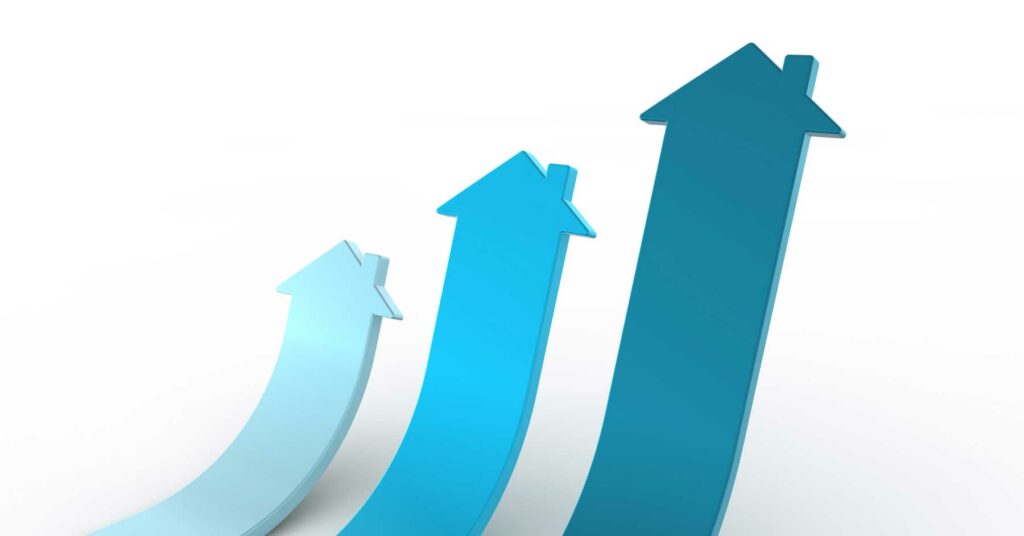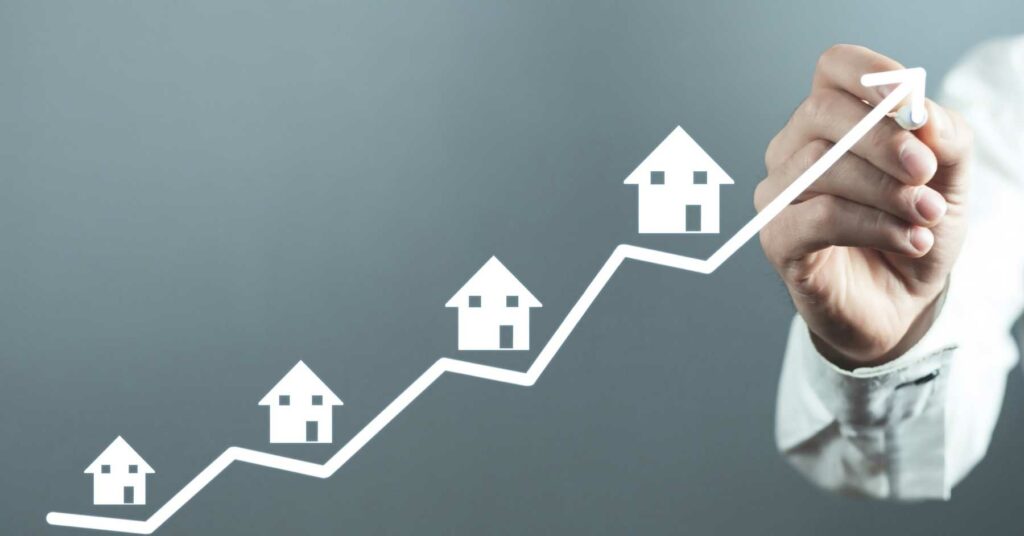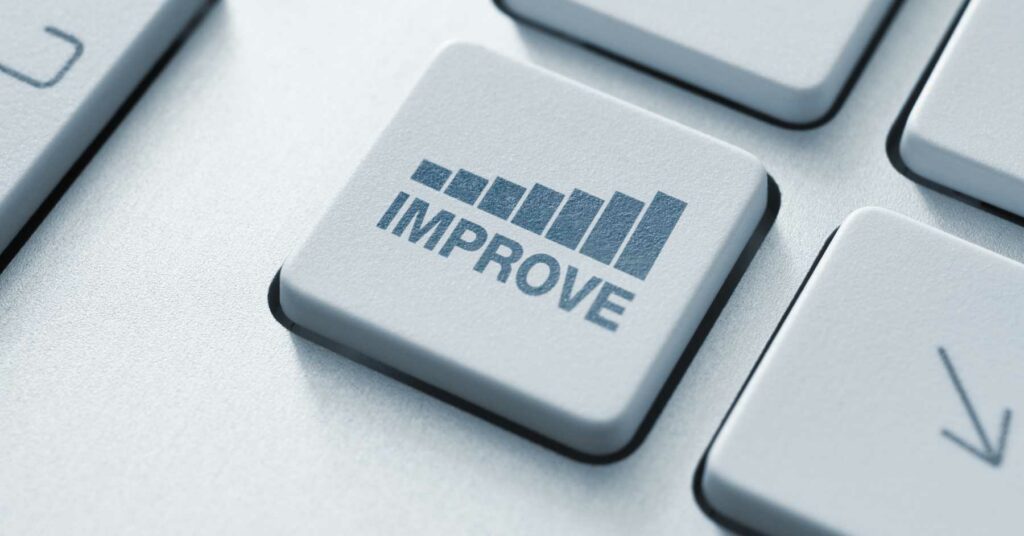Property Management KPIs: Why They Matter
What are property management KPIs? If you’re like me, you’ve probably got a lot on your plate running a property management business.
From rental property maintenance to customer acquisition costs, there are so many things to keep track of.
But have you ever found yourself wondering if your business is performing as well as it could be? If so, you’re not alone.
In this blog post, I’m going to walk you through why property management KPIs matter and how tracking them can benefit your business.
Whether you’re just starting out or you’re looking to take your business to the next level, this post is for you.

What is Property Management?
Property management is the process of managing and overseeing the operations, maintenance, and administration of a real estate property on behalf of the owner.
Property management companies are hired by property owners to take care of the day-to-day tasks of managing their properties. Effective property management can ensure that the property is well-maintained, occupied, and generating profit for the owner.
Why Property Management KPI Matter
As a property management professional, I’ve seen firsthand how challenging it can be to gauge the success of your business without the right tools in place. That’s where key performance indicators (KPIs) come in.
By tracking property management KPIs, you can gain valuable insights into the success of your business and make data-driven decisions to improve it.
KPIs are crucial in assessing the success of your property management business. By tracking these indicators, you can determine whether your business is performing well or not.
KPIs help in identifying areas of strength and weakness in your business, and you can use this information to make informed decisions that can positively impact your bottom line.

Property Management KPIs To Track
There are several KPIs that property management companies can track. Here are some of the most important ones:
Net Operating Income (NOI)
Net Operating Income (NOI) is a measure of the profitability of your property. It is calculated by subtracting operating expenses from the gross income generated by the property.
Occupancy Rates
Occupancy rates refer to the percentage of rental units that are occupied by tenants. High occupancy rates indicate that your property is in high demand and generating income.
Customer Acquisition Costs
Customer acquisition costs refer to the cost of acquiring new tenants. Tracking this KPI can help you determine whether your marketing efforts are effective.

Turnover Rate
The turnover rate is the percentage of tenants who leave your property each year. High turnover rates can be a sign of poor tenant satisfaction, and it can increase your customer acquisition costs.
Tenant Satisfaction
Tenant satisfaction refers to the level of satisfaction that your tenants have with the property and the services you provide. High tenant satisfaction rates can help reduce turnover rates and improve occupancy rates.
Response Time
Response time is the time it takes for property management to respond to tenant requests. Fast response times can improve tenant satisfaction.
Maintenance Costs
Maintenance costs refer to the cost of maintaining the property. Tracking this KPI can help you identify areas where you can save money.

How Property Management KPIs Improve the Bottom Line
By tracking KPIs, property management companies can identify areas where they need to improve. For example, if the occupancy rate is low, you can focus on improving marketing efforts to attract more tenants. If the turnover rate is high, you can work on improving tenant satisfaction.
KPIs can also help property management companies identify areas where they can save money.
For example, if maintenance costs are high, you can look for ways to reduce these costs without compromising the quality of service.
KPIs are also useful in rural areas where it can be challenging to attract tenants. By tracking KPIs, you can determine the effectiveness of your marketing efforts and adjust your strategies accordingly.
Effective management software can be used to track KPIs and generate reports that provide insights into your business’s performance. By analyzing these reports, you can make informed decisions that can positively impact your bottom line.
Property Management KPIs: The Success of Your Business
By tracking KPIs, you can improve the overall success of your property management business. KPIs provide valuable insights into your business operations, and they help you identify areas where you can improve your performance.

Customer Satisfaction
Customer satisfaction is a critical factor in the success of your property management business. By tracking tenant satisfaction rates and response times, you can identify areas where you need to improve the services you offer. High tenant satisfaction rates can lead to lower turnover rates, which can result in more stable occupancy rates and higher profits.
KPIs are essential in property management. They help you track the performance of your business and identify areas where you need to improve.
By tracking KPIs such as occupancy rates, turnover rates, and maintenance costs, you can make informed decisions that can positively impact your bottom line. Effective management software can be used to track KPIs and generate reports that provide valuable insights into your business’s performance.
Final Thoughts on Property Management KPIs
If you’re a property management company looking to improve your business’s performance, consider tracking KPIs. It can help you make data-driven decisions and ultimately lead to a more successful and profitable business.
Ready to take your business to the next level? Schedule a free strategy call with Anequim today. We can help you grow faster and smarter than ever before!
To get even more amazing tips, tricks, and techniques for scaling up your business, check out The Bootstrappers Podcast! Get the free advice you need to turn your vision into reality.